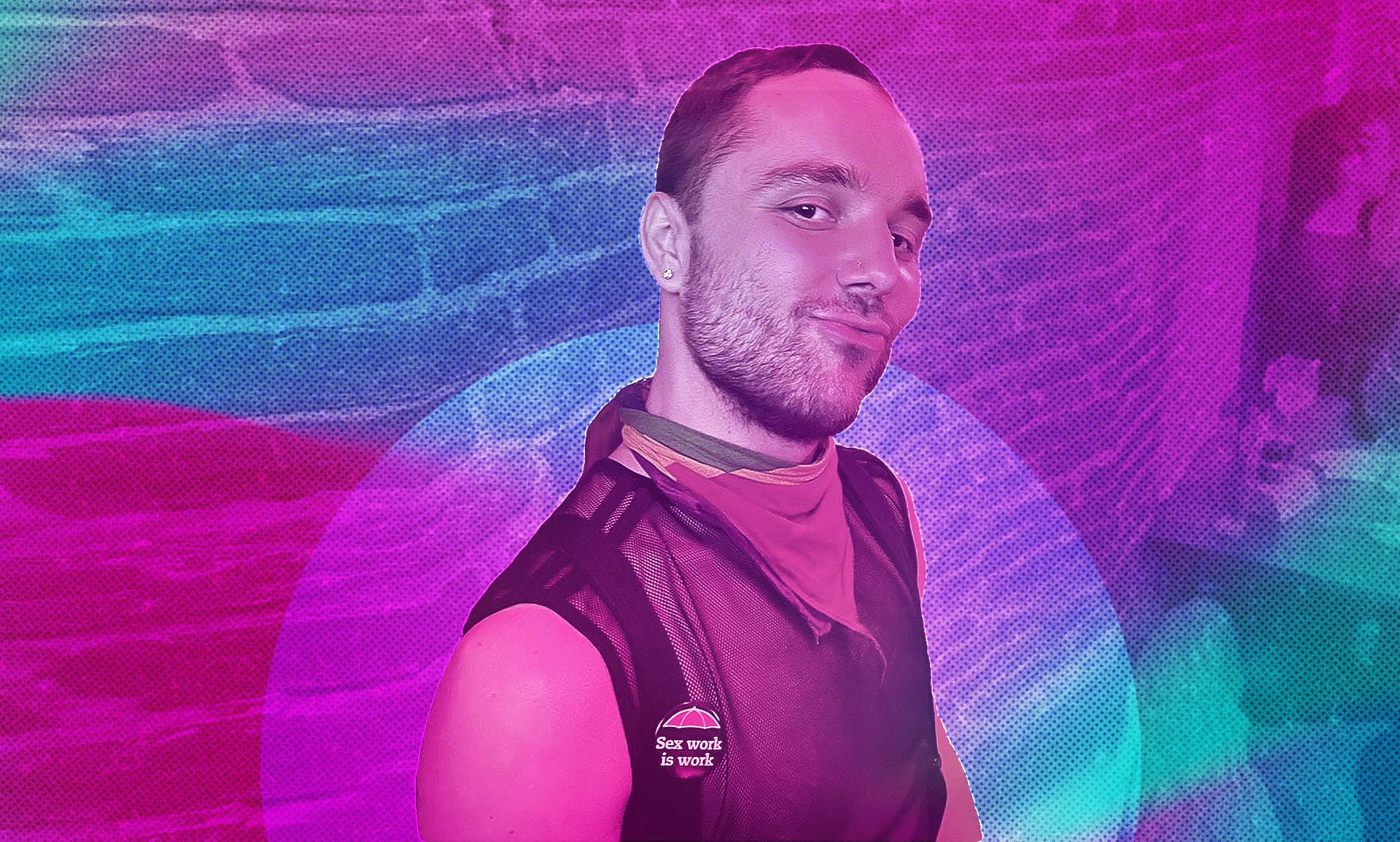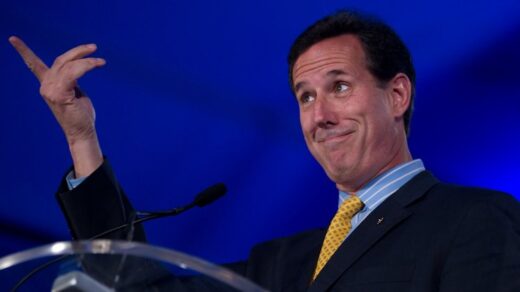Gay man who became a sex worker at 18 explains why criminalisation makes everything worse
Author: Patrick Kelleher

When Lyle Muns was just 18 years old, he decided to become a sex worker.
At the time, Lyle was working in a supermarket in the small Belgian village where he grew up, taking home less than four euros an hour. He wanted to see the world, but needed a job which paid better and had greater flexibility.
It wasn’t long before he realised sex work would help him achieve his dreams.
“I was opening up a little bit in my sexuality and discovering it, so that made me more curious about sex work,” Lyle tells PinkNews. He’d been encouraged to consider sex work on chat rooms in the past, and it was on those same websites he later found his first client.
Today, Lyle is a champion of sex workers everywhere – he campaigns for their rights, and is a tireless HIV activist.
He also wants to see sex work decriminalised, and believes doing so would strip away stigma, and allow sex workers to find the protections and support they deserve.
During his time in the industry, Kyle’s learnt a lot about the mechanics of sex work – what it looks like, what it means to clients, and why his own preconceptions weren’t helping him.
“I’ve done it for more than 10 years – it was definitely longer than I had planned for when I started,” he says.
“One of the nice surprises I didn’t expect from it was that many of the clients were really vulnerable themselves.
“I thought the clients would be these perpetrators with bad intentions, but what I figured out was that many of them were in the closet and they were struggling with their sexuality and they were actually really nervous about seeing a sex worker.”
Discovering that his clients were nervous, and sometimes even vulnerable, put Lyle at ease – and it made him see the impact sex work could have for some people.
“Apart from offering a sexual service, you’re also actually a little bit of a therapist. I think that’s something I really took from it that made me keep on doing it and made it really interesting for me to do as well.”
‘Stigma is a really severe issue’
Sex work is still criminalised in most countries. Stigma is pervasive, and Kyle says it’s causing harm to sex workers and their clients.
“The stigma has a really negative impact in the sense that it makes all the other things worse,” he explains.
Stigma means sex workers often don’t tell loved ones when they’re meeting a client, so nobody can intervene if they end up in a dangerous situation.
It also stops sex workers from accessing the right sexual health services.
“If nobody knows you do sex work you also won’t tell your doctor, and then your doctor won’t know what kind of extra health checks they need to do.
“Stigma is a really severe issue – it’s at the core of all the other issues that sex workers face and it’s really persistent.”
That stigma comes from society’s efforts to control sexuality, Lyle says.
Decriminalising sex work has the power to strip much of that stigma away.
“When sex work is criminalised, sex workers don’t feel comfortable going to the authorities. Imagine there’s a client who’s violent – well then if you are abused as a sex worker you will not go to the police because you then have to explain how it is that you met that person and then you have to explain you’re a sex worker.”
The idea behind criminalising sex work is that the practise can be eradicated – but the reality is that it doesn’t work, Lyle says.
“Sex work is the oldest profession in the world, as people often say. It is a profession that takes place in any part of the world and it doesn’t really matter what kind of laws there are – most countries in the world criminalise sex work, but none of that means there is no sex work in these countries.
“Criminalising sex work does not eradicate sex work, as some of the advocates that seek criminalisation want, but it ultimately leads to a worsening negotiation position for sex workers, worsening safety conditions for sex workers, and worsening health outcomes for sex workers.”
Lyle is now an advocate for the Global Fund to fight AIDS, Tuberculosis and Malaria. The initiative has shown how the criminalisation of sex work has impacted on HIV transmission. He believes HIV transmission among sex workers would be decreased if the practise was decriminalised.
“Sex workers will feel a lot less fear from the authorities and instead they will feel trust, and they will get information and access to STI testing services,” he says.
‘You are still the boss of your body’
Lyle is passionate about decreasing HIV transmission among sex workers because of his own personal experience – he was diagnosed with the virus five years ago. Living with HIV has made him see just how pervasive stigma is.
“People stigmatise people living with HIV because they are afraid that if they have sex with them they will get it themselves.”
“People still feel the fear and people are very much misinformed. That’s why it’s important that people living with HIV are part of the conversation and that they speak out.
“The same goes for sex workers – that they speak out, and that sex workers living with HIV speak out.”
As far as Lyle sees it, sex work is a human right – it’s a core facet of bodily autonomy.
“Very often people say, ‘if you do sex work you sell your body’ – that’s not true. You sell a sexual service and you are still the boss of your body and you still control the conditions and the circumstances under which that service is provided, or at least that’s how it should be.
“So when people seek to criminalise sex workers they seek to criminalise our bodily autonomy.
“Having the freedom to use your body the way you want is your human right. It means that it is a violation of human rights when governments criminalise sex workers. It also means that it’s a violation of human rights when somebody forces a person into prostitution… it goes both ways.”
Lyle Muns is an advocate for the Global Fund to fight AIDS, tuberculosis and malaria – the initiative invests $4 billion each year to ensure a more equitable future for all.
Actual Story on Pink News
Author: Patrick Kelleher





